The project aims to identify scalable opportunities to strengthen small businesses and improve the financial health of the people they employ in order to build economic resilience, support equitable wealth creation, and ensure that the benefits of hard work are rewarded.
BUILDING A STRONGER ECONOMY
Good Jobs
& Small Employers
More than half of the nation’s 134 million employees work for firms with fewer than 100 employees. These workers are disproportionately low-income and are less likely to be in Good Jobs compared to workers employed by larger firms.
Improving job quality for small employers and the people they employ is imperative for the vibrancy and growth of MLK Boulevards, Cesar Chavez Ways, Chinatowns and Main Streets across the country.


Over the next year, Reimagine Main Street will develop a robust segmentation of small employers and the people they employ. The team will use this analysis and the associated insights to work with partners to design job quality pilots tailored to the needs, priorities, and constraints of small employers and their workers.
Get Involved!
The success of our work to advance Good Jobs relies on real-time feedback from small business owners along with engagement from a wide range of stakeholders and experts. We invite you to
follow along with our work and learn more about opportunities to get involved by using the forms below.
What is a Good Job?
Strengthening job quality is good for employers and the people they employ. Learn more about what makes a Good Job using the resources below.
- Gallup: Getting the Full Story of Job Quality
- Inside Philanthropy: Want Good Jobs?
- U.S. Dept. of Commerce:
Job Quality Toolkit
Good Jobs Webinar Series
In partnership with the Department of Commerce, Reimagine Main Street, a project of Public Private Strategies Institute, has developed a webinar series to ensure that small and medium sized employers are aware of the opportunities and strategies that exist to provide “Good Jobs” for their workforce. This series will include conversations with, and resources from, government partners, non-profit organizations, and national capital and technical assistance providers to increase awareness of “Good Jobs'' strategies and tools to better inform your business.
Frequently Asked Questions
-
What is this Project? Why is it needed?
More than half of the nation’s 134 million employees work for firms with fewer than 100 employees. Research shows these workers are less likely to be in Good Jobs compared to workers employed by larger firms, and represent a significant share of low-wage workers. This project seeks to change that.
Over the course of the next year, Reimagine Main Street with NORC at the University of Chicago will field a national survey of Americans who work for firms with fewer than 100 employees. This data will contribute to the development of a robust segmentation of small employers and the people they employ in order to work with partners to design and test effective and scalable interventions to improve job quality tailored to the needs, priorities, and constraints of small employers and their workers.
In parallel with the segmentation analysis, the project will also form a Small Employer Advisory Council, in order to capture real-time feedback and guidance from the lived experience of representative small employers. The Small Employer Advisory Council will be complemented by a Reimagine Main Street Network working group on Good Jobs.
-
What are the outcomes we expect?
By identifying and sizing segments of businesses, their owners, and employees and then partnering to design and test targeted interventions that can meet their needs at scale, this project seeks measurable long-term improvement in job quality for low-wage workers employed by small employers.
-
How will this work contribute to equitable growth and addressing the racial wealth gap?
Small employers generally employ people of the same race or ethnicity. Our prior research found that the majority of AAPI, Black, Latino and white-owned businesses employ people of the same race, with about a third of Black and Latino/a business owners employing an all Black or Latino/a workforce. This same survey found that small employers are frequently in the same financial boat as their workers and that the financial health of workers is better when business performance is strong.
By creating a robust segmentation analysis that weaves together characteristics of the business, the owners, and the people they employ and then designing and testing targeted interventions that can meet their needs at scale, this project will -- by design -- contribute to equitable growth and addressing the racial wealth gap.
-
Who is funding this work?
This project is made possible by financial support from the Bill & Melinda Gates Foundation.


Copyright © 2023 Public Private Strategies Institute | All Rights Reserved